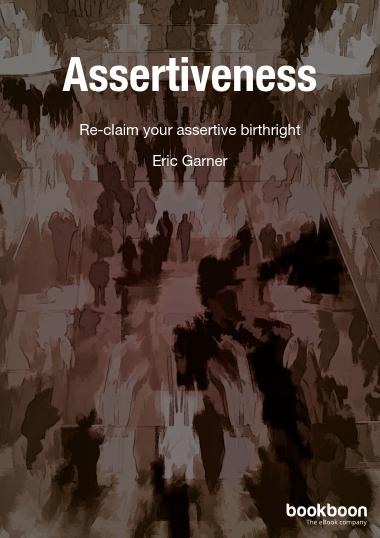8 expert tips for assertive communication

When asked to state where assertiveness can make the biggest difference, most experts would almost certainly say, “in the power of your communication”. Assertive communication, whether in word, deed, or image, is assertiveness. So, here are some of the key techniques that you can use to make all of your communication more assertive.
Own Your Communication
It is very easy to say things to others without fully realising the effect they have. One of the most damaging is “You” messages where someone’s actions make us feel a certain way, for example, “You make me so angry”. These are known as “poison phrases” for the damage they do. Instead, when someone does something and it makes you feel a certain way, own your feelings: use “I” phrases, as in “When you come late, I feel cross”.
Describe, Don’t Judge
Judging others with labels is a trick that our ego teaches us when we are young. It is the ego’s way of keeping people at a distance and so destroying good communication. Instead of judging someone, for example, “she’s stupid”, use honest and accurate communication devoid of judgment, as in “she makes mistakes about once or twice a week”.
Be Specific, not Generalized
Sweeping statements are another category of communication that we often use but which are factually incorrect, as in “You’re always late”. Instead, think before you speak and use honest and accurate communication, as in “That’s the second time you’ve been late this month”.
Three Words to Eliminate from Your Communication
Here are three words that will improve your assertive communication if you leave them out.
a. “just”, as in “I’m just a clerk”
b. “only”, as in “She’s only a housewife”
c. “try”, as in “I’ll try to have it to you by tonight”.
Practice saying these sentences without the unassertive words and in a positive clear tone. Notice the difference.
Making Requests
Unassertive people hesitate about asking for something from others because they worry about how the request will be received, the possibility of rejection and how they will then be viewed.
Some of the fears might be…
- if they say “No”, how will I feel?
- if they say “Yes”, will I then owe them?
- if they say “Yes”, might it be that they feel they have to?
This kind of self-talk is irrational and unnecessary if we make requests assertively. In the great majority of cases, people are pleased when others need their help and usually respond if the request is made in a way that does not make them feel they have no way to say “No”.
Asking for Time
Asking for time, as in “I’ll have to see about that”, is an assertive technique that can be useful in two ways. First, it avoids us turning others down with a flat “No”. Second, it avoids saying an automatic “Yes” to other people’s requests and conditions and so appearing to be an easy pushover. When we ask for time to think about a request, we let people know that we are taking the request seriously and need time to think.
Constructive Feedback
Constructive feedback is a way to tell someone what you liked or didn’t like about them. It does it in a way that avoids being flattering on the one hand or critical on the other. The key to constructive feedback is to focus your comments on people’s behaviour, not on them as individuals. This works because people can easily change what they do; they cannot change who they are.
Ask for someone’s help or advice. “Fred, can you help us…?”
Most of our communication is the result of habit which, by being lazy and habitual, can damage relationships. Practice the above techniques and your communication and relationships will be transformed.




